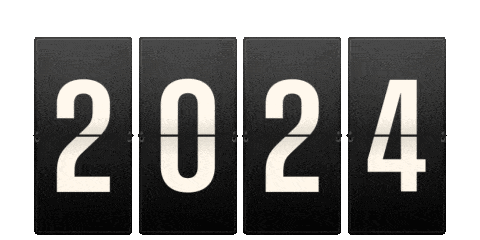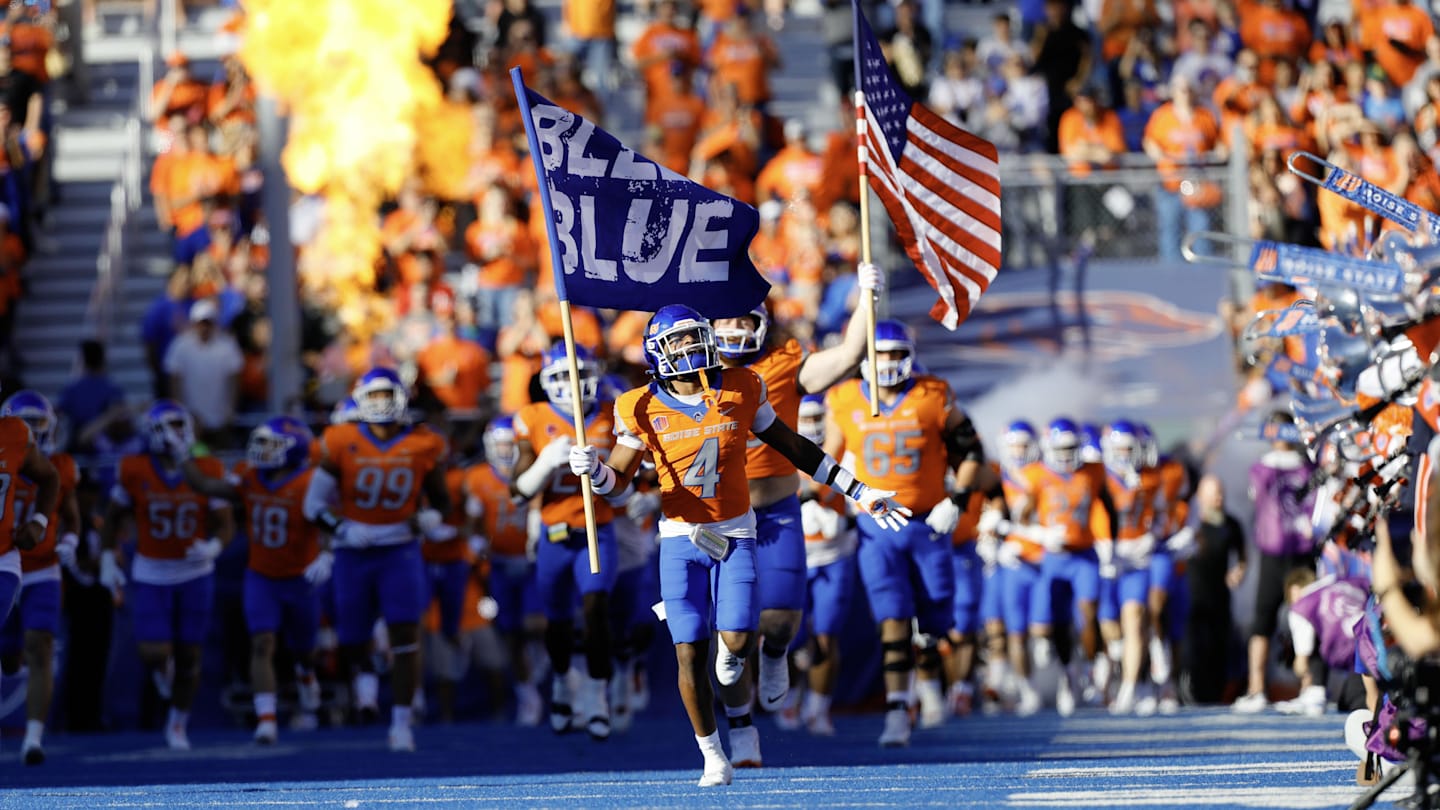Entertainment
‘Magnolia’ made me want to write about movies. Then Hollywood stopped making movies like ‘Magnolia’

So now then.
This is the story of a budding cinephile who stumbled upon an unusual film and resolved, insofar as any 13-year-old can set firm intentions, to spend the rest of his life watching, and writing about, movies. An eighth-grader cross-legged on the floor of his parents’ bedroom, clicking the channel to IFC and finding the trio of uncanny coincidences that make up the film’s prologue. A solitary, bookish boy whose dreams came true, after a fashion, who proved that movies really can change your life — albeit in ways you can never quite plan on. And it is in the humble opinion of this narrator that this is not just something that happened. This cannot be one of those things. This was not simply a matter of chance. These strange things happen all the time.
After all, they happened to me.
Of the many thousands of movies and TV shows I’ve seen in my life, it’s fair to say that no first-time viewing has stuck with me more powerfully than the night I caught “Magnolia,” Paul Thomas Anderson’s exhilarating 1999 epic about life, death and fate in the San Fernando Valley.
I use the word “caught” knowingly. At the time I felt that I had seized the film, snared it, as if by illicit impulse. With its alcoholic, drug-addicted, suicidal ensemble of seeming thousands, I registered it as taboo — like pornography, or my nascent interest in other boys, a secret to be kept from others.
This was several years before I procured a driver’s license and a Blockbuster card, which would become my entree to indie, art house and international cinema, to movies for and about adults. So I had no preparation, whether from life in the humdrum Boston suburb where I grew up or the films I had seen previously, for Anderson’s screamingly intense vision of what it might be like to be 33, or 63, or dead. Instead, long before the frogs started falling from the sky, “Magnolia” was to me what the monolith must have been to the apes in “2001: A Space Odyssey”: a black box that arrived in my life without warning, without context; that in the scale of its sleek, dark mass could not be ignored.
If you’ve never seen “Magnolia,” you may be surprised to learn, based on this description, that nothing much happens in it. At least not in the traditional sense. The action hinges largely on disappointments, betrayals, desertions that already happened, an offscreen past often referred to but never shown. And yet what drew me to the film — what draws me to it still — is its interest in character, or more precisely in circumstance: not what people do, but how they relate to each other.

Jason Robards, left, and Paul Thomas Anderson behind the scenes of “Magnolia.”
(Peter Sorel / New Line Cinema)
The hub of its universe is mighty TV producer Earl Partridge (Jason Robards), now on his deathbed, worried over by his hospice nurse, Phil Parma (Philip Seymour Hoffman), and his much younger second wife, Linda (Julianne Moore), and whose estranged son, Frank T.J. Mackey (Tom Cruise), leads seminars for incels called “Seduce and Destroy.” On Earl’s flagship program, “What Do Kids Know?,” which previously minted a minor celebrity in now-grown quiz kid Donnie Smith (William H. Macy), child savant Stanley Spector (Jeremy Blackman) has led the winning trio to the cusp of an all-time record, while host Jimmy Gator (Philip Baker Hall), in the final stages of cancer, hopes to repair his relationship with daughter Claudia (Melora Walters), strung out on cocaine and newly involved with bumbling cop Jim Kurring (John C. Reilly).
This spider’s web of connections, this gnarled family tree, constitutes the lion’s share of “Magnolia’s” “plot,” held together by Aimee Mann’s indelible soundtrack and Jon Brion’s vigorous score. (To give you some flavor of how diffuse the film is, consider that there are just two sequences, in three-plus hours, in which the entire cast can be said to participate: One, alluded to above, is a storm straight out of Exodus. The other is a sing-along to Mann’s anthem “Wise Up.”) Yet it nonetheless exerts a vise grip on the viewer’s attention, written, shot and played with such exhilarating ferocity that ordinariness transmutes, literally, into opera. Characters curse and scream, rant and rave. They melt down publicly, with Moore’s Linda famously eviscerating a suspicious pharmacist, and privately, with Cruise’s Frank raging at the dying of his father’s light. They kiss, keel over, profess their love, resist their exploitation. They live. In “Magnolia,” life is fundamentally, unavoidably, incandescently dramatic.
You can see the appeal for a kid desperate to escape the dull town where he grew up.
I followed through on my end of the bargain. Around the same time, I convinced my friend Sam that we couldn’t be just another pair of chumps at our parents’ offices on Career Day. So I cold-emailed Jay Carr, then the film critic at the Boston Globe, and said we’d like to shadow him instead. To my surprise, and his eternal credit, Jay said yes. He invited us to a press screening at the Prudential Center (John Singleton’s “Baby Boy”), bought us lunch and answered the questions required to complete the assignment.
I was off to the races. Within a few years I had launched a film criticism column (“Movies by Matt,” LOL) at the student newspaper, where my first review was an unqualified rave for “I Heart Huckabees” (I stand by it). I used those clips to get into film school at USC, where I learned the ropes of entertainment reporting (at a press conference for “Brokeback Mountain”), launched a new column, The Filmgoer (my Twitter handle to this day) and eventually became lifestyle editor (foreshadowing, I suppose). While in college I landed my first paying gig (reviewing four-wallers for the L.A. Weekly) and met the mentor (Indiewire’s Anne Thompson) who would prove instrumental in turning what I had mostly thought of as a way to see movies for free into a career.

When I set out to write this, I admit, I meant it to be as rueful as Earl’s keening deathbed monologue about “the goddamn regret.” And indeed, a quarter century after deciding to commit my life to movies, reality is not as rosy as that long-ago dream. In a moment defined by artificial intelligence, algorithms and the almighty tax break, by middlebrow convention, shareholder protection and Silicon Valley “wisdom,” “Magnolia” now reads not as a miracle but as an impossibility.
Michael De Luca, the New Line executive who reportedly gave Anderson carte blanche (and final cut) without even hearing an idea for the film, is now CEO of Warner Bros. Pictures, whose parent company, Warner Bros. Discovery, has become nearly as renowned for scuttling finished films in recent years as it is for releasing them.
The top 10 at the box office, which once included original, even provocative films like “The Sixth Sense,” “The Matrix” and “The Blair Witch Project” — all celebrated as part of The Times’ yearlong look back at 1999 — now features nine sequels and a musical based on a book based on “The Wizard of Oz.”
Even Anderson, long my favorite American filmmaker (see also: “Boogie Nights,” “There Will Be Blood,” “The Master,” “Inherent Vice,” “Phantom Thread”), succumbed, in his last feature, to the gravitational pull of credulous nostalgia, as if being steeped in the industry’s aversion to risk so long had finally nibbled away at his usual rigor: Despite falling in love with his work thanks to “Magnolia,” I found myself unable to sit through his (much shorter) return to the San Fernando Valley, “Licorice Pizza.” Twice.
At one point, as I made notes on “Magnolia,” I was prepared to acknowledge that my own nostalgia plays a part in all this. “They don’t make ’em like they used to” often means “I don’t watch ’em like I did at 13.” What I realized, though — first through rewatching the film and then through recapitulating the early stages of my own career — is that the moral of the story, as narrated by Ricky Jay, never has been about chance, or even destiny. For life is not simply an accumulation of coincidences, achieving meaning through repetition, through echo. It is also the choices you make as a result of those coincidences. To stop playing along. To forgive, if not forget. To break away. To shoot your shot.
Perhaps Hollywood could take a page from “Magnolia’s” book. I did, and look where it got me. Strange things happen all the time.










